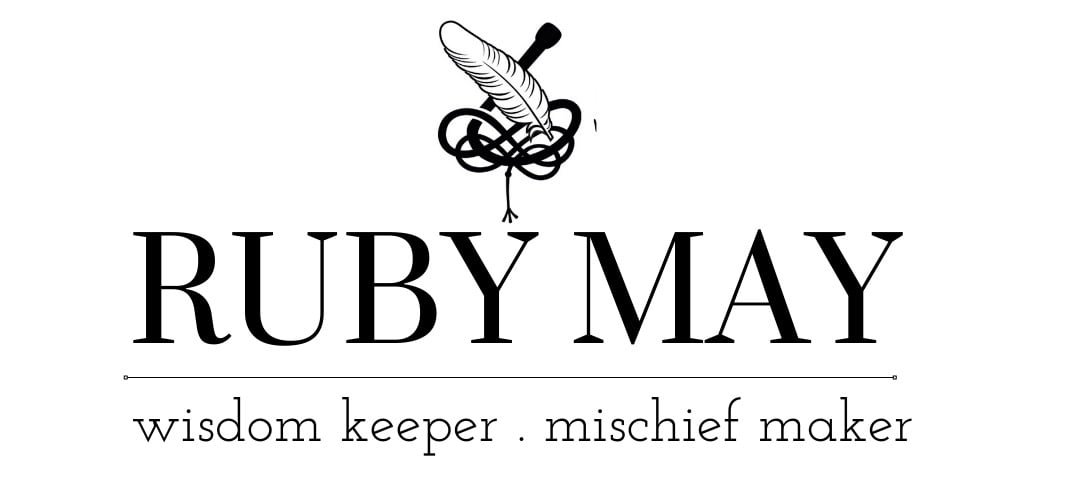Recently I’ve been musing over the complexity of our relationship with the taboo and what lies beyond the surface.
Society’s relationship with sexuality is quite obviously permeated with taboo, more so anything that goes beyond a very narrow window of what is considered ‘normal’ i.e. all things kink related.
Because of this taboo, many of us grow up developing an association between feeling turned on and the feeling of doing something a little bit wrong or forbidden.This association frequently forms during our first sexual explorations, secretly discovering our bodies and their ‘naughty’ parts and often becomes part of our erotic wiring, permeating our fantasies and desires throughout life.
While many keep their more taboo desires hidden, avoiding ever openly and consciously looking at them because of the shame they feel, BDSM players happily make use of this association and purposefully play with behaviours that feel taboo because of the very fact they fuel arousal.
The problem lies in the potential of becoming attached to the taboo and thereby reinforcing the very moral framework we initially judged and rejected.
If we become dependent on the taboo’s erotic charge as our only or prime way of becoming aroused, we have a vested interest in maintaining it’s existence.The more consciousness we bring into our sexuality, the more we discover our innocence and the greater the potential for self-love and acceptance. The consequence of this is that the taboo loses its charge and potential for high states of erotic arousal. As John Hawkin says: “The thrill of the forbidden needs the act of forbidding to produce the thrill.”
We may also have vested interests in the taboo if our sense of self becomes fused with our sense of belonging to a particular group, scene or belief system. Rejected by the outside world for being ‘freaks’, many kinky folk find a sense of belonging in their BDSM community. Special codes of conduct and protocols, language and clothes serve to reinforce this.
The problem arises when we become attached to these labels in order to tenuously hang on to our sense of self, as we then become dependent on the belief system of the society who initially rejected us in order to preserve our identity.
All this about kinky folk, but what about mainstream society’s hidden agenda? If something is considered taboo, it obviously means there are a significant number of people who are drawn to acting out these taboos.
As John Ventura says “the very taboos that we employ to protect us from each other and ourselves, are a map of our secret natures.”In his article ‘Don’t even think about it’, he continues to describe how we humans possess all manner of sneaky ways in which to indulge in our fundamental desire for transgression,such as disguising the taboo as something else (e.g. Aztecs killing virgins in the name of religion), or obsessing over media (books, films, news stories) in which the taboo is featured.
The sneakiest of all however are the loudest voices who by ranting about the taboo are thereby giving themselves permission to concentrate on those very acts. The politician striving to catch out and punish sexworkers gets to obsess over his taboos just as the Taliban who attempt to repudiate a woman baring an inch too much skin give themselves permission to entertain their taboos. And hence the familiar story of the Catholic priest abuse scandal or the politician who campaigns against sex-work legalistion who gets caught in bed with a prostitute. By fighting and suppressing our desires we fuel them, often in combination with creating guilt and shame, both perverted forms of sexual excitement.
But that’s for another blog entry…(-:
